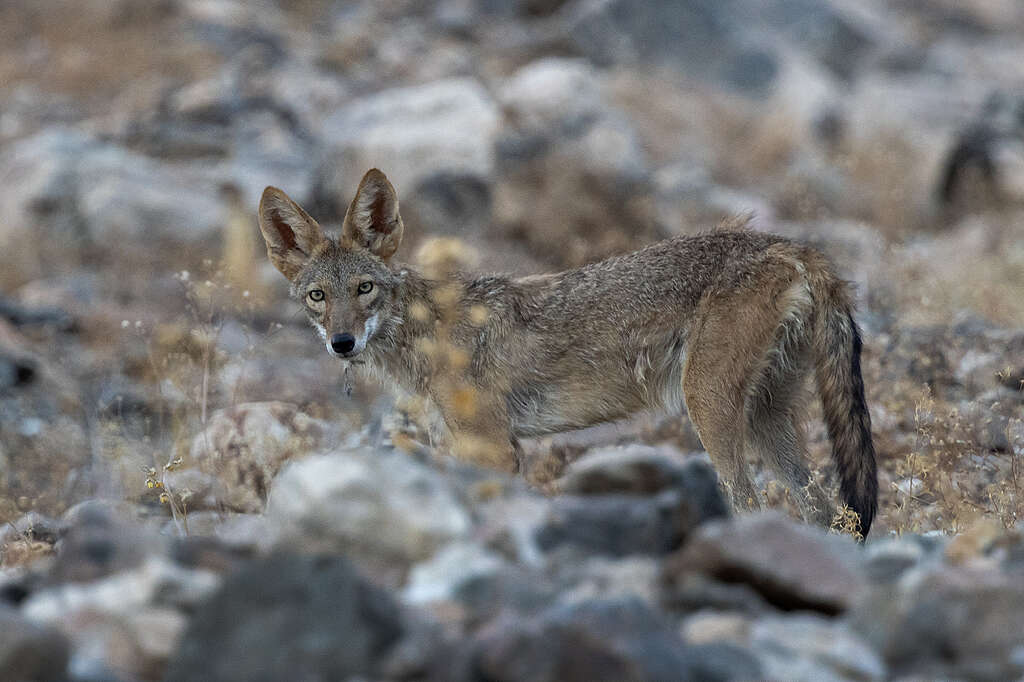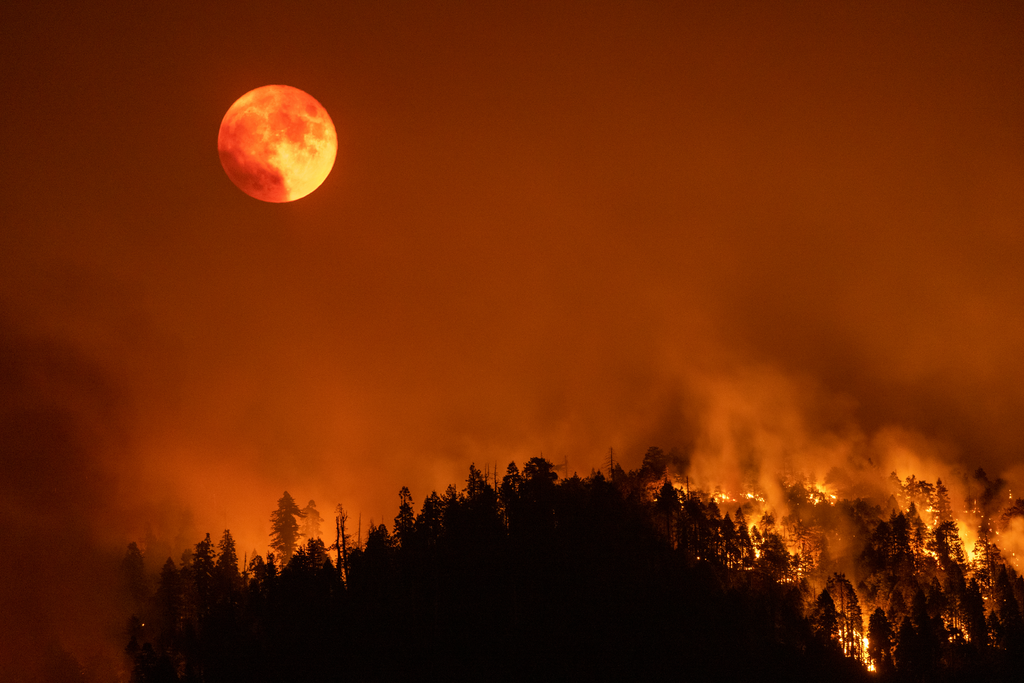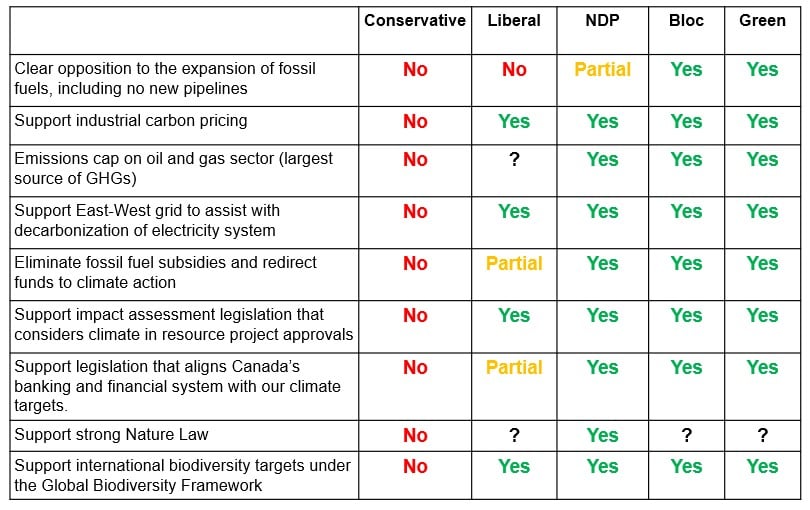
© David McNew / Greenpeace
We are in the midst of a global biodiversity crisis, with rates of species loss unprecedented in human history. As global emissions make the climate warmer and increasingly unpredictable, the effect on wildlife and ecosystems is becoming ever more evident. From insects to birds and mammals to old-growth forests, the Earth’s biodiversity is facing serious threats from a warming world.
July 2024 marked the 14th consecutive month of record-high global temperatures, putting 2024 on track to be the hottest year on record. The summer in the Northern hemisphere has been marked by extreme weather, ranging from devastating wildfires, to massive floods and unbearable extreme heat. People and communities are suffering the detrimental impacts of this climate chaos, as homes are lost in destructive fires and lives are put at risk by toxic smoke and extreme high temperatures.
All the while, wildlife—the silent and often forgotten victims of extreme weather—are also losing their homes and having their livelihoods destroyed.
The fiery toll of wildfires on wildlife
When they sense a wildfire, large and fast animals are often able to escape by running or flying away. On the other hand, smaller or slower animals—frogs, turtles, snakes, small mammals—tend to seek refuge by hiding, which may lead to them dying during the fire. Should these animals survive the flames, they, like us, are vulnerable to heat exhaustion, oxygen deprivation, smoke inhalation, and dehydration—all of which could be fatal.
Following a fire, wildlife habitats completely change. Entire forests are replaced with small shrubs and grass, leading to loss of food and nesting sites for animals. These drastic ecosystem changes could make species increasingly vulnerable to extinction—with already threatened species or populations most at risk.
While fires are a natural part of forest ecosystems and allow certain species to thrive, the intensity and frequency of wildfires is rapidly increasing, disrupting the stability of ecosystems and making it ever more difficult for animals to escape the flames.
As more fires blaze, we may see more animals wandering into urban areas, fleeing their lost habitats and looking for a place to rest. Help them by giving them space, avoiding feeding them, and reporting any injured animals to your local wildlife rescue centre.

It’s getting way too hot in here
On top of battling lost habitats in fires, animals fall victim to extreme heat. Hotter temperatures can cause dehydration and heat stress, increase the spread of invasive species, and disrupt hibernation and migration patterns—forcing wildlife to adapt to unfamiliar temperatures, resources and habitats.
Extreme temperatures have been identified as a culprit behind the growing number of local species extinctions. Should the planet continue to warm at a severe rate, up to one in three species could be lost over the next 50 years. Insects are particularly at risk—the number of areas occupied by native bumblebees in North America has dropped by 46% relative to surveys taken between 1901 and 1974.
What can we do?
While communities, wildlife and entire ecosystems face the brunt of the climate crisis, the fossil fuel industry reaps billions in profits and expands oil production. By continuing to exploit coal, oil and gas, they are inflaming extreme weather, making climate disasters more frequent and more severe.
Later is too late—communities are burning and animals are dying, and it is time for fossil fuel polluters to pay for fuelling this climate chaos. We are demanding they pay into a new Climate Recovery Fund—a fund which would be used to repair, rebuild, and adapt to future climate change impacts. By financially supporting communities and local governments facing the brunt of the crisis, we can work towards building resilient communities and ecosystems in the face of climate disasters.
The future is in our hands. Together, we can hold the fossil fuel industry accountable for pouring fuel on the fire and shape a better future for humanity and the planet.
Our hearts go out to the people, wildlife and ecosystems that have been negatively impacted by extreme weather events.




Discussion
We do need to help our wild life